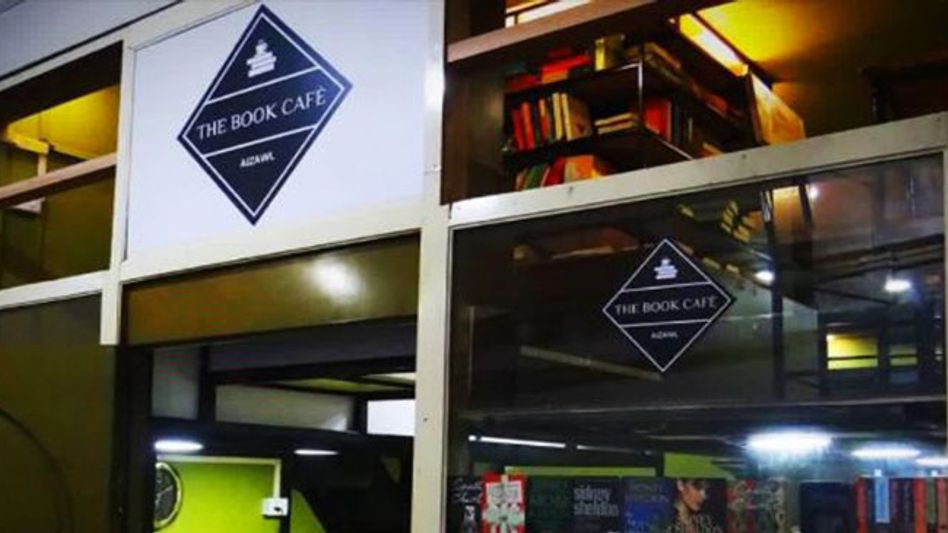Assam becomes first state from NE to attain self-sufficiency in fish seed production
 Image for representation
Image for representationGUWAHATI: Assam has become the first state in the Northeast region of India to attain self-sufficiency in fish seed production (5678 million fish seed fry in 2015-16 to 9519 million fish seed fry in 2019-20 with 67.65% growth) and supply to neighboring North-Eastern states.
As per an official release, Assam took quantum jump in fish production from 2.94 lakh MT in 2015-16 to 3.73 lakh MT in 2019-20 with 26.87% increased production.
Assam demonstrated the availability of local fish in sufficient quantity through the sale of local fish by its federation FISHFED maintaining COVID protocol during lockdown giving huge profit to cooperatives.
Assam achieved the distinction of being the first state in breeding of Magur (catfish) without sacrificing male. The farm produced around 2 lakh seed (fry) and distributed in 15 districts of Assam last season.
ALSO READ: Eastern Naga Students’ Federation to launch massive agitation from Monday
The breeding was carried out in the Fish Breeding cum Research Center, Regional Training Institute, Amranga, Guwahati, Assam by Mr. Raben Das, FDO cum Farm in-charge.
Assam has successfully cultured indigenous varieties like Pabda, Labeo bata, Cirrhinus reba in Recirculatory Aquaculture System (RAS). States like Meghalaya and Arunachal Pradesh visited the sites for gaining technical guidance.
Assam has been able to successfully take up Biofloc technology and many farmers/entrepreneurs have recently established biofloc units in Assam.
Assam has successfully adopted diversified fish culture with the introduction of fish species like Pabda, fresh water eel, Anabus, Magur, Singhi, Reba, Bata, Mola, Fresh water prawn, Chitala etc. of indigenous varieties.
Climate resilient technology for fish farming has been introduced for the first time in the state, where climate resilient species like carp-mola and freshwater prawn culture has been successfully demonstrated in the State with the technical guidance of World Fish Centre.
Assam is currently collaborating with international organizations such as World Fish Centre, Malayasia for implementation of various projects under World Bank Aided programme.
‘Gene Bank for Indigenous Fish (GBIF)’- a Scientific Conservation Programme for Indigenous Fish (SCoPIF), a 5-year project with an estimated cost of 9.36 crore is being implemented through College of Fisheries, Raha under Assam Agricultural University from 2018-19 with basic objectives of conservation of the germplasm, propagation and restoration of the endangered fish species of Assam and publication of directory of Fish Species of the state.
The Department of Fisheries recruited 99 Fishery Development Officers (FDOs), 32 Junior Engineers, 29 Fishery Demonstrators (FDs), 30 Junior Assistants, 2 Power Pump Operators and 11 Grade-IV staff in the last 4 years. In addition to that training for the recruitment of 70 Fishery Demonstrators are in progress, who will be recruited within February 2021.
To support our brand of fearless and investigative journalism, support us HERE.
Download:
The Inside Northeast app HERE for News, Views, and Reviews from Northeast India.
Do keep following us for news on-the-go. We deliver the Northeast.
Copyright©2024 Living Media India Limited. For reprint rights: Syndications Today









